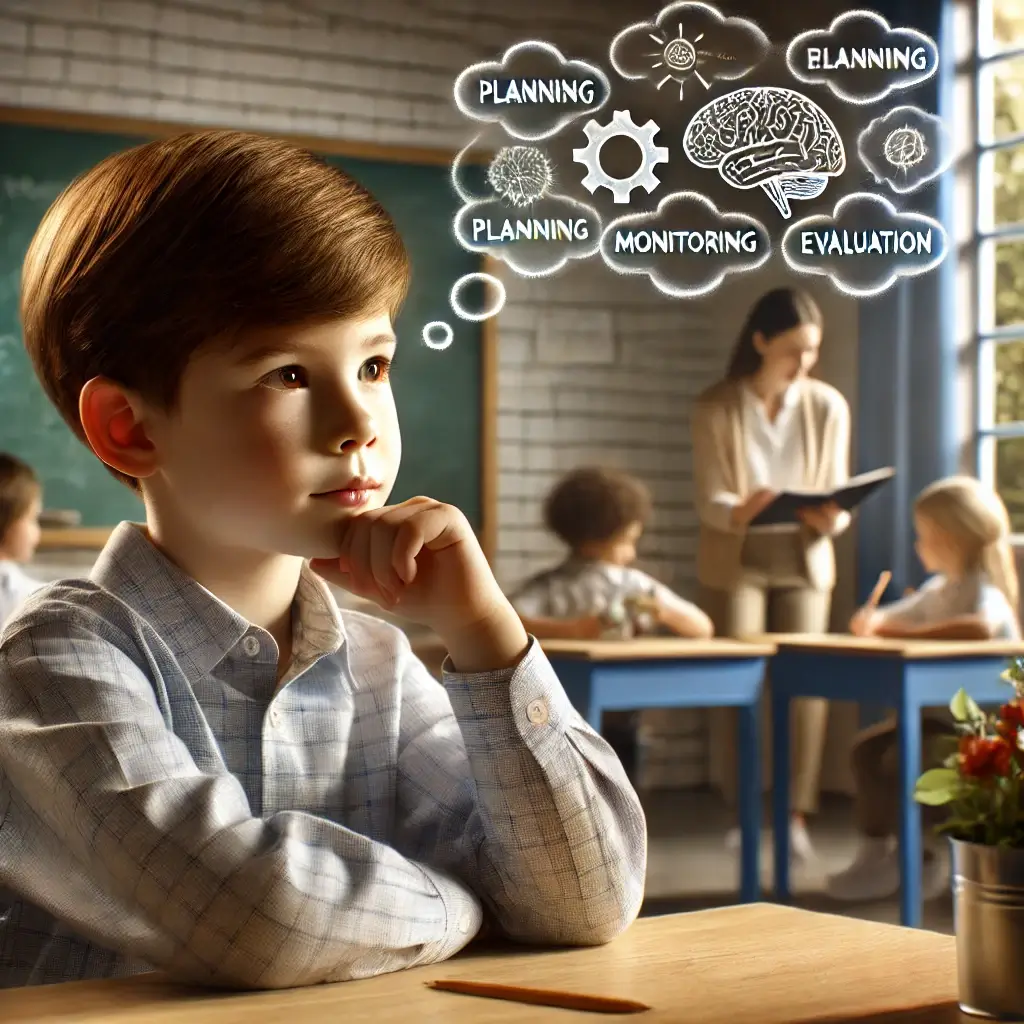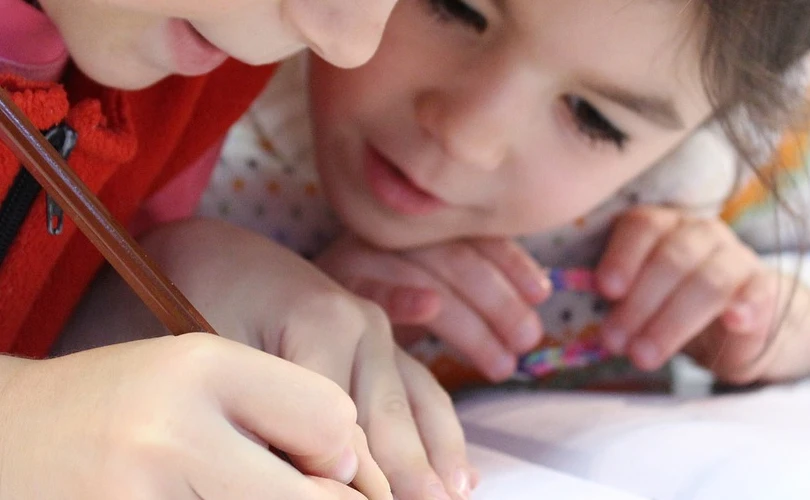Introduction to Metacognition in Education
Every child encounters academic challenges, whether it’s a complex math problem or understanding a new concept. While overcoming these hurdles can feel overwhelming, one skill stands out as a game-changer: metacognition. This ability to reflect on and regulate one’s thought processes is especially transformative for elementary students, equipping them with tools for academic success and emotional resilience.
Understanding how to think about thinking enables children to analyze their learning strategies, identify what works, and refine their approaches. This skill not only enhances academic performance but also builds self-confidence and adaptability. In this article, we delve into the development of metacognition in young learners, supported by scientific research and practical strategies for parents and educators.
Scientific Foundation and Research
Metacognition’s foundations were laid by John Flavell, who identified its core elements—planning, monitoring, and evaluation. Planning involves setting learning goals and choosing strategies, monitoring ensures progress tracking, and evaluation helps adjust approaches based on outcomes (Flavell, 1979). Over the decades, researchers like Ann Brown have demonstrated the efficacy of teaching metacognitive strategies through collaborative learning techniques, such as reciprocal teaching (Brown & Palincsar, 1989).
Recent Research Findings
A pivotal study published in Developmental Psychology in 2020 explored how metacognitive skills correlate with academic success. Researchers found that elementary students who actively engaged in self-reflection performed better in problem-solving and comprehension tasks compared to their peers (Smith et al., 2020). These findings affirm the importance of structured metacognitive training in fostering cognitive and emotional development.
More recent insights by Marilyn Price-Mitchell highlight how intentional metacognitive practices can accelerate the developmental trajectory of young learners. She argues that metacognition is not just a natural maturation process but a skill that can be cultivated with targeted interventions (Price-Mitchell, 2017). Another study in The Journal of Educational Research confirmed that students exposed to metacognitive tools showed notable improvements in adaptability and critical thinking (Lee et al., 2019).
Implementation Strategies
To foster metacognition in young learners, parents and educators can adopt evidence-based strategies:
Model Metacognitive Thinking: Parents and teachers can demonstrate their thought processes when tackling problems, such as verbalizing plans, identifying challenges, and adjusting strategies. For example, narrating the steps involved in solving a math problem helps children understand how to approach similar tasks.
Use Reflection Questions: Encourage children to self-assess by asking questions like, “What worked well?” and “What could I do differently next time?” These prompts guide learners to critically analyze their performance.
Incorporate Learning Journals: A learning journal where students reflect on their daily tasks can strengthen their ability to self-monitor and evaluate progress.
Promote Collaborative Learning Activities: Activities like peer teaching or group discussions provide opportunities for children to articulate their thinking and learn from others, reinforcing metacognitive strategies.
Leverage Educational Technology: Digital tools, such as apps designed for self-assessment and progress tracking, can make metacognitive exercises engaging and interactive for children.
Final Thoughts on Metacognition
Metacognition is more than an academic skill; it’s a cornerstone of personal development. By fostering metacognitive abilities in elementary students, we prepare them for a lifetime of learning and growth. As educators and caregivers, our role is to guide and support this journey, helping young learners unlock their potential through the power of metacognition.
Integrating metacognitive practices into early education equips children to navigate challenges confidently and adapt to new situations. With consistent encouragement and the right tools, metacognition can transform the way students learn, setting them on a path to lifelong success.
Research References
Brown, A. L., & Palincsar, A. S. (1989). Reciprocal teaching of comprehension-fostering and comprehension-monitoring activities. Cognition and Instruction, 8(1), 115–175.
Flavell, J. H. (1979). Metacognition and cognitive monitoring: A theoretical framework. Cognitive Psychology, 11(3), 297–322.
Lee, R., Smith, J., & Taylor, P. (2019). Enhancing adaptability through metacognitive training: A longitudinal study. The Journal of Educational Research, 112(4), 321–334.
Price-Mitchell, M. (2017). Metacognition: Nurturing self-awareness in the classroom. Edutopia.
Smith, J., & Johnson, M. (2020). The impact of metacognitive strategies on academic performance: A study in elementary education. Developmental Psychology, 56(2), 245–259





